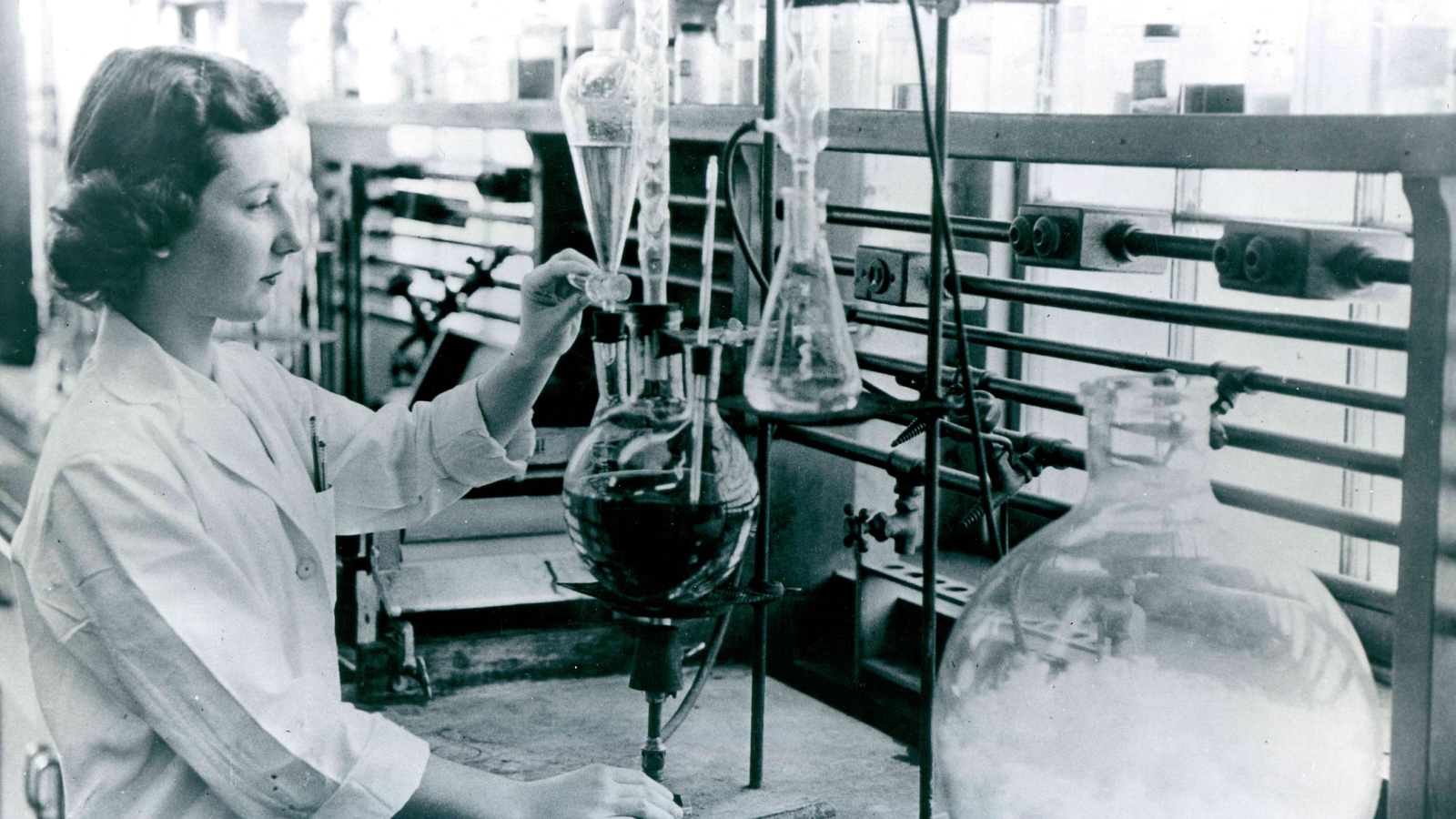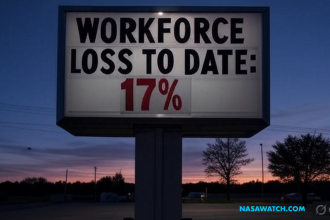In an excerpt from her new book, “Not Just for the Boys: Why We Need More Women in Science” (Oxford University Press, 2023), physicist Athene Donald sheds light on the enduring bias against women in scientific publishing and academia. While one might expect objective metrics to guide evaluations, these measures often work against women.
Research indicates that women’s academic papers receive fewer citations, their grant funds are typically smaller, and they often face harsher scrutiny from reviewers. A notable study on referees’ comments revealed disturbing examples of criticism, such as one remark stating, “This paper is, simply, manure,” which hardly qualifies as constructive feedback.
Moreover, bias can manifest explicitly, as illustrated by a review that stated, “The first author was a woman. She should be in the kitchen, not writing papers.” Although one would hope the editor would disallow such comments, the very existence of such language is troubling and suggests that the reviewer may not have faced any repercussions.
Such hostility can severely undermine the confidence of researchers, especially women who are often outnumbered in their fields, pushing them to reconsider their career paths. The foundation of many barriers stems from unconscious bias, which—while more subtle than overt discrimination—is still pervasive in modern academia.
Historically, figures like Rita Colwell, the first female head of the National Science Foundation, faced blatant sexism, with her being told in 1956 that fellowships were not a priority for women. While today’s academics may refrain from voicing such opinions openly, unconscious biases about perceived gender roles can influence actions and decisions.
Unconscious or implicit bias has gained increased scrutiny in recent years. It operates unconsciously, shaped by cultural stereotypes from an early age. Daniel Kahneman’s dual-system theory of thinking provides insight: System 1 thinking is rapid and involuntary, potentially leading to the assumption that women are less capable scientists. System 2 thinking, in contrast, is deliberate and reflective, allowing for conscious confrontation of biases.
Training programs focusing on unconscious bias need to emphasize the importance of System 2 thinking, moving beyond surface-level awareness to achieve genuine change. Failure to do so can be counterproductive, as shallow training often yields no substantial improvements in outcomes.
Virginia Valian’s book, “Why So Slow?” (MIT Press, 1998), explores the nuanced ways in which unconscious bias hinders women in academia. Despite being written 25 years ago, it remains a relevant analysis of the cumulative disadvantages women face in academic settings.
Numerous studies provide hard evidence of the detrimental effects of unconscious bias on women’s careers. One study assessed the reactions to identical CVs submitted under male and female names, demonstrating that both male and female faculty were more inclined to favor the male applicant, offering him higher salaries and more support.
In the late 1990s, research from Sweden’s Medical Research Council showed significant differences in peer reviews, illustrating the biases entrenched even in one of the world’s most gender-equal societies. This analysis suggested that male applicants received favorable evaluations that could translate to a difference equivalent to three high-impact papers.
Women have long suspected systemic discrimination in their treatment compared to their male counterparts. To combat these biases, it is vital for committee members to collectively acknowledge contributions and behavior, empowering those whose voices are often overlooked. This technique, known as amplification, gained visibility during the Obama administration, where female staffers would repeat key points made by women, ensuring that their contributions were recognized.
In academic and other professional settings, it is crucial to challenge disrespectful behavior, especially when women are interrupted or spoken over. A prominent example of effective assertiveness was displayed by Kamala Harris during the 2020 Vice Presidential debate when she repeatedly asserted, “Mr. Vice President, I’m speaking.” Encouraging allies to advocate for women in similar situations can further promote equitable dialogue.
© Athene Donald. Extract from Not Just for the Boys: Why We Need More Women in Science published by Oxford University Press in May 2023, available in paperback and eBook formats, £16.99.









